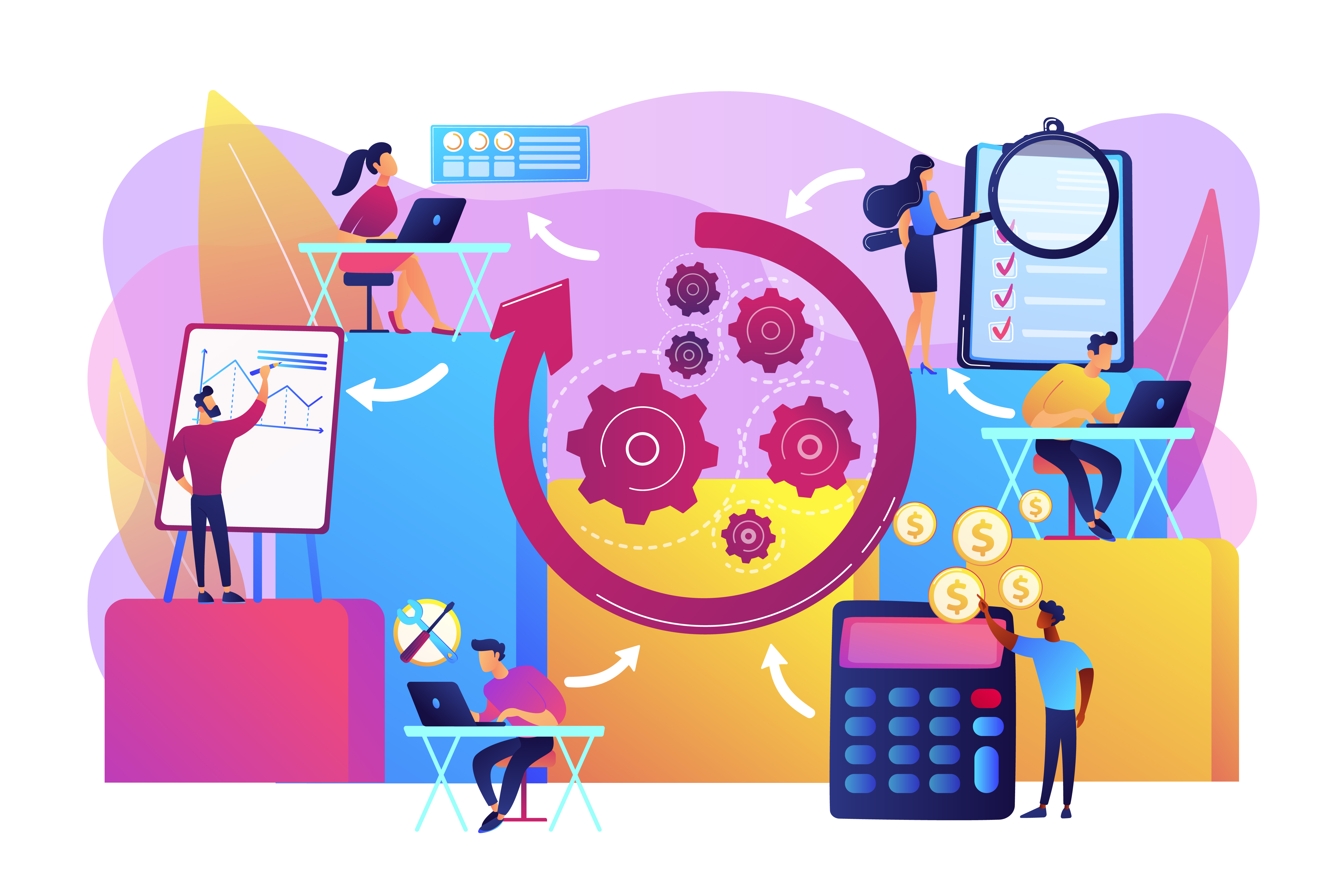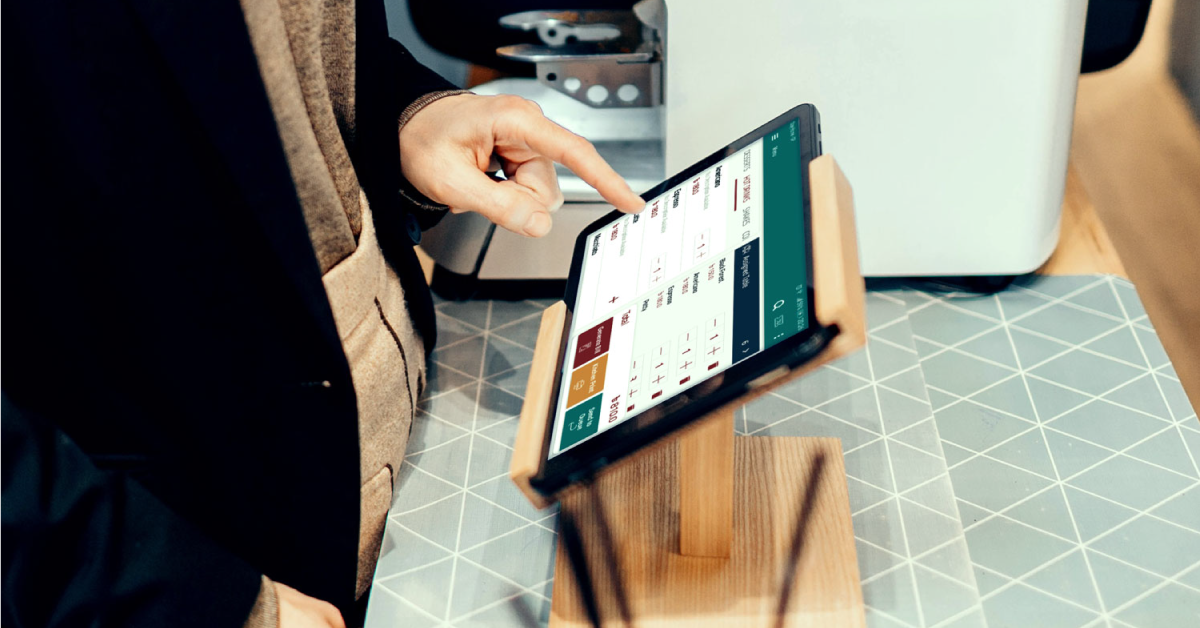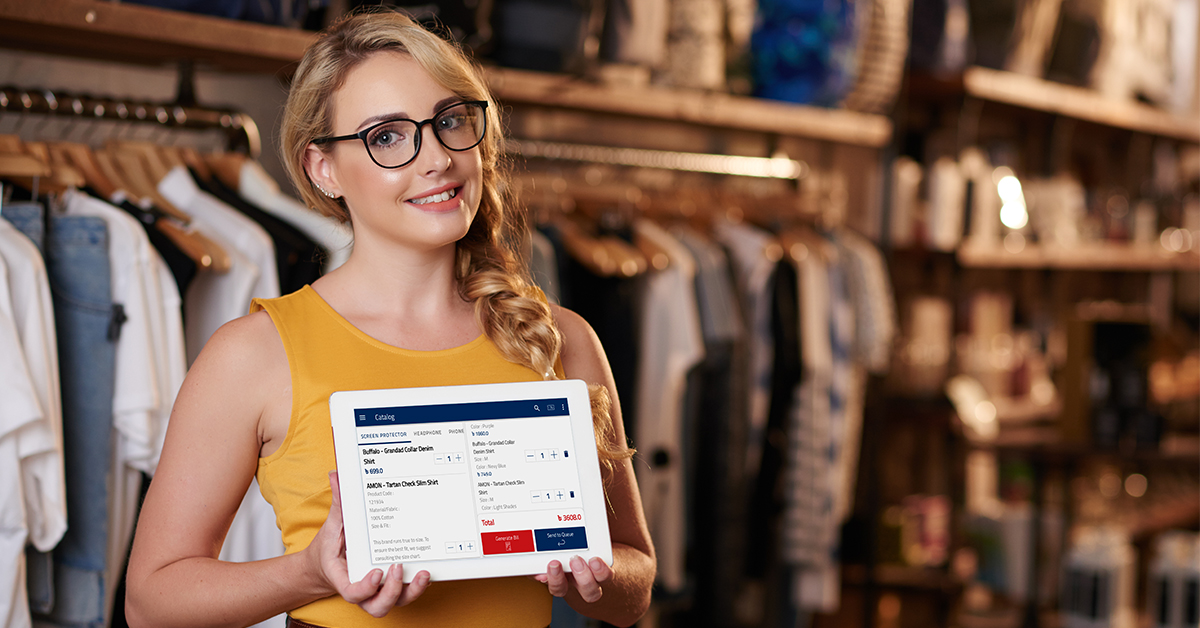Traditional POS vs Cloud-based POS
13th June 2019
When it comes to choosing a good Point of Sale (POS) system, it can be great
stress because it’s a one-time thing. If your point-of-sale system has been in
place for more than 5 years, chances are you have a traditional POS system in
your restaurant or retail business. However, the POS industry has undergone some
notable changes over the last several years with the evolution of cloud-based
POS systems, which now offer convenient iOS and Android options in place of
traditional systems.
We want to ensure our clients are educated in order to make the best
choice for their company — both today and in the future.
Not sure what the difference is and which is better? Let us help you!
A traditional POS, also known as legacy POS, runs on closed networks and the data
is stored on local servers. A simple analogy of this is storing your business
data only on your computer cannot be accessed from anywhere else.
Cloud
POS systems are web-based SaaS(Software as a Service) solutions that store data
in the cloud, which refers to a server in a remote location. These systems allow
information to be accessed in real-time from anywhere in the world, which is
invaluable for business owners.
There are many comparisons when it comes to these two types of POS:
Data accessibility
Traditional :
The data can only be accessed on-site, meaning that the owner or manager has to be physically present in their business facility to make any changes to the menu or items, to check employee clock-ins, to see sales report, etc.
Cloud :
The data can be accessed from anywhere, anytime. The owner or manager can monitor all of the reporting in real-time from anywhere with internet access using any device (a desktop, tablet, mobile, or laptop). They can also make any changes online, giving remote accessibility and eliminating the need to be there in person to do everything.
Data Loss Risk
Traditional :
Since all the data is stored on local servers and runs on a closed internal network, there is a risk of losing everything if the system crashes or encounters a bug.
Cloud :
Since all the data is stored online on remote servers, the risk of losing data is minimized. Even if the system crashes, the data remains safe because they are backed up automatically in the cloud, and can be restored easily.
Cost
Traditional :
Traditional POS systems usually have high upfront costs. They also require a maintenance fee because the software needs to be updated manually on-site, which requires additional labor and time. Also, in case the system crashes, the cost of re-installation can be expensive.
Cloud :
Cloud-based POS is often cheaper because the installation is not as complex. It
usually has little to no upfront costs and follows a subscription model of a
monthly or yearly fee. The software is also updated automatically by the service
providers, in which the cost is already included in the monthly or yearly
charges. However, the cost of the subscription can differ depending on the size
of the business.
There are also many free cloud-based POS apps that can
be downloaded to a device with optional add-ons or upgrades at a low cost, so
all you need to pay is the hardware cost (devices, scanners, cash drawers,
printers, etc.) and the add-ons if you wish.
Frequent updates
Traditional :
For many traditional systems, the server needs to be updated manually on-site, which results in fewer updates (often once a year at most).
Cloud :
There is no longer a need for on-site visits to update your point-of-sale system with the latest version. Traditional POS systems require onsite labor to manually update the system’s server, which results in fewer updates at an increased cost. Cloud POS systems update in real-time, which eliminates upgrade costs and ensures you are always utilizing the current version of the software
Internet Dependency
Traditional :
Traditional systems do not rely on the internet, so even if there is no internet, it can continue to run smoothly and efficiently without affecting the service.
Cloud :
Contrary to the traditional systems, cloud-based systems are heavily dependent on the internet, so if the internet connection is poor or lost, this can affect the service greatly. However, some cloud-based systems have offline capabilities, allowing you to continue to make sales and run the business as usual even without the internet. The data can be synced later when it is connected to the internet again.
Hardware
Traditional :
The hardware of the traditional system is usually quite big, bulky, and heavy. The most common size of the traditional POS screen is 15 inches. Some people see this as an advantage because it prevents theft, but many see it as a disadvantage as it is not portable.
Cloud :
Cloud-based POS, unlike traditional POS, uses portable devices, such as tablets and mobile phones. This makes it easier to carry it around anywhere. However, some devices may have short battery life and must be constantly connected to the charger.
Integrated systems
Traditional :
For traditional POS systems, it is often difficult to integrate new modules, and features, and updates. This makes it harder to customize the system, and the business has to use it as is.
Cloud :
With the cloud-based POS system, it is possible to fully integrate higher
functionality modules and connect with third-party software programs to
customize the POS according to the business’s needs. These modules include
loyalty programs, online ordering, CRM, inventory management, accounting, and
many more.
The needs of each business are different, but each business should
have a POS system that matches their requirements and values. I hope these
comparisons can help you better understand the differences and find the right
POS for you!
More Relevant Articles

What Every Small Business Owner Should Know
Running a small business has a lot of challenges as well as opportunities for expansion. Every business owner gains knowledge along the journey that shapes their approach to management, long-term success, and development. The following significant insights might serve as a guide for small business owners as they embark on their entrepreneurial path.
More
8 Strategies To Level Up Online Business
Thinking about online selling but unsure how to grow and expand your business?
We've got good news!
Barriers to starting and growing a business have never been lower. You might have already started your business, but you don’t know how to move forward. Well, you’ve come to the right place. There are some effective strategies that will help your business.
More
6 unique tips to boost retail clothes sales that no one tells you about
Every company owner will tell you the same thing when asked what their daily motto is: "I want more sales and to grow my business." We are aware of that.
Revenue growth, pulling in more clients, and raising profits are all parts of growing your business. You can also broaden its customer base, hire more employees, stock more merchandise, and build new sites.
More
How Automation drives restaurant efficiency
The restaurant industry is known for its extensive hospitality, from friendly to efficient staff to a captivating environment and quality food. In this competitive age, businesses are implementing different strategies and methods constantly to gain an advantage. Restaurant businesses are also making innovative changes to draw in and build a loyal customer base. If you are looking for new ways to upgrade your restaurant, implementing automated tools to your restaurant would be the best way to go.
More
Top 5 Restaurant Management Software (RMS) & POS System in Bangladesh
A restaurant management system (RMS) can assist you to overcome difficulties in the restaurant business. Since there are so many things that can go wrong in a restaurant, monitoring through an all-in-one tracking system or integrated standalone solutions is extremely important. The majority of restaurant owners begin with a POS system and gradually add extensions as their business expands. Your requirements, however, will vary depending on your restaurant model, available services, and money.
More
5 keys to choosing a POS software for your restaurant
POS systems used to be confined to cash registers that just opened and closed. But today, restaurant point-of-sale technologies have advanced into something similar to an operating system for your entire business. Choosing the proper POS system for your restaurant is a crucial choice that may have a huge impact on your bottom line. Picking the right POS for your restaurant will not only allow you to keep your business organized and productive but also will assist you in providing a high-quality experience to your customers.

Incorporate a customer loyalty program into your marketing strategies
In today's market, simply having a traditional loyalty program is not enough. According to a prominent CRM platform, good loyalty programs are a key component of acquiring millennial customers. Offering appealing incentives as part of a loyalty program is an essential customer acquisition technique.
More
Importance of Data in Retail Business
For any industry, data is a key because the success of a business highly depends on understanding your customers by segments and the only way you can understand your customer’s and user’s behavior by segment is to have data on specific segments. But the challenge here is to determine how to use those data in relation to be able to disseminate that piece of information with the volume that you have and how you can use that to study your clients and industry.
More
How to Start a Restaurant Business: Things to Remember
Want to be your own boss? Researches have shown that owning your business will bring more success rate as it provides you more flexibility and you will sincerely enjoy what you do.
More
Digital Marketing and It’s Effectiveness
Regardless of whether your business is simply kicking off or has arrived at the stage of keeping up a proper client base, it's imperative to keep synced with the most current promoting patterns and strategies for your business. It's essential to put resources into a successful site structure and showcasing methodology.
More